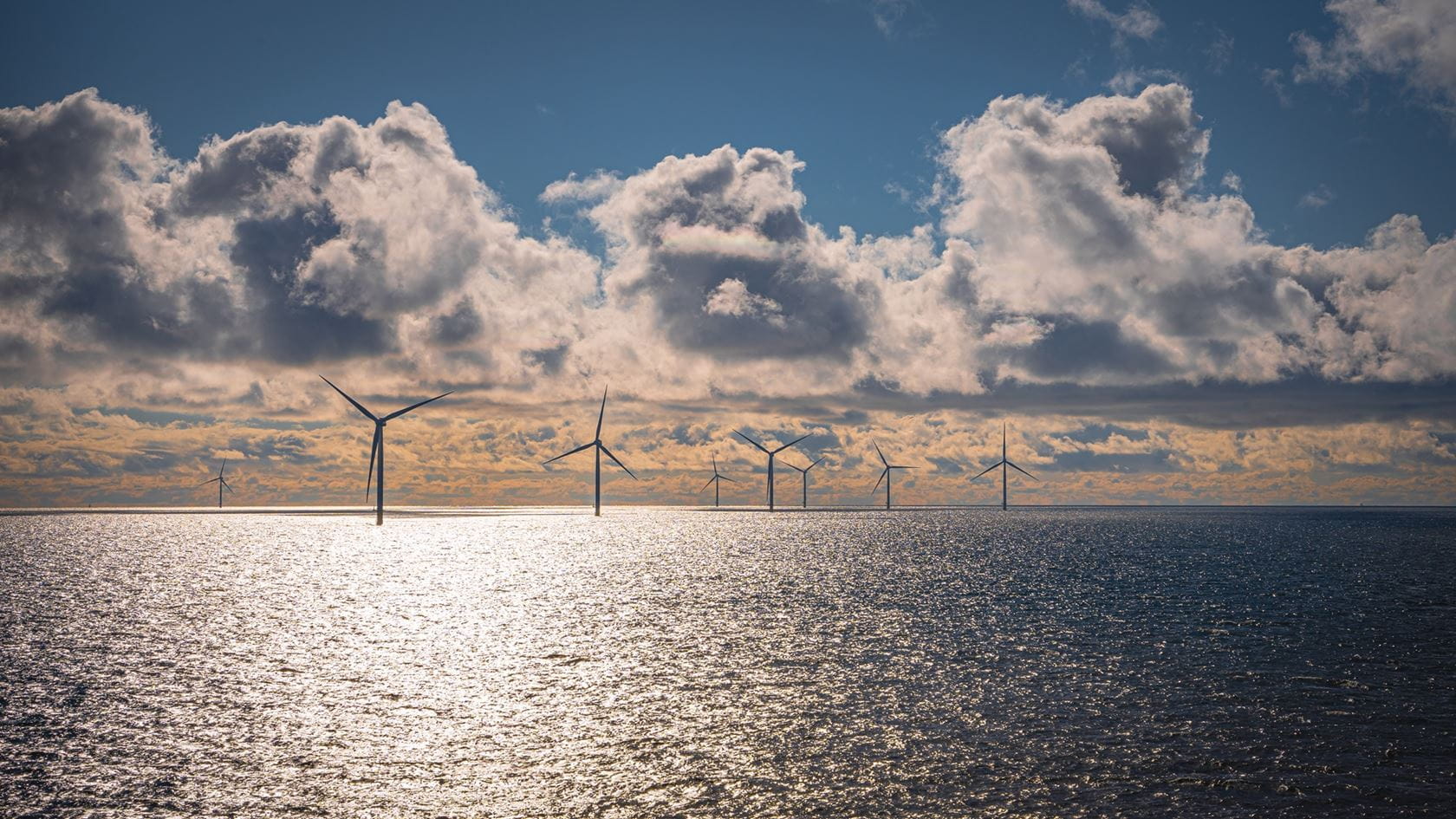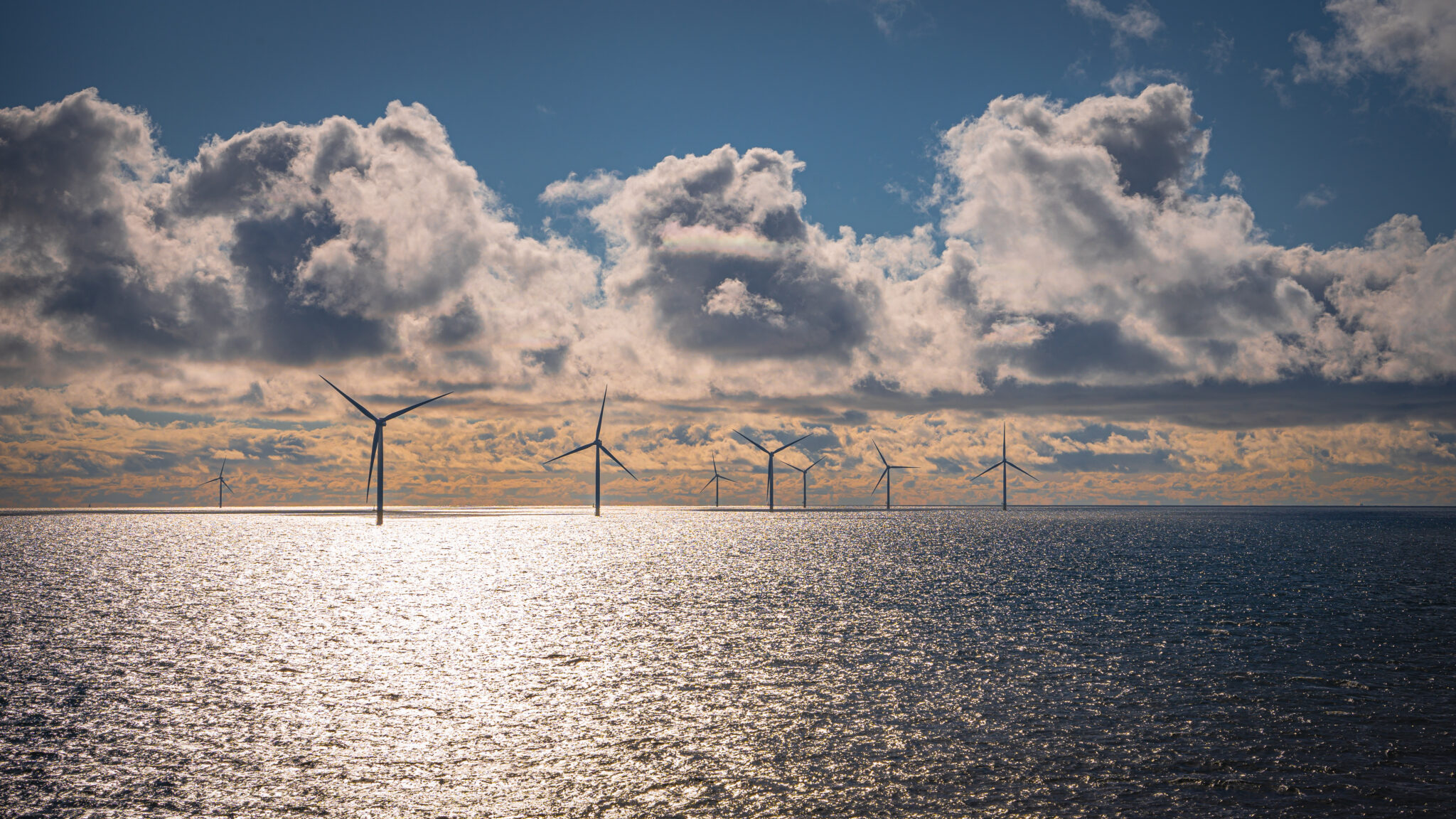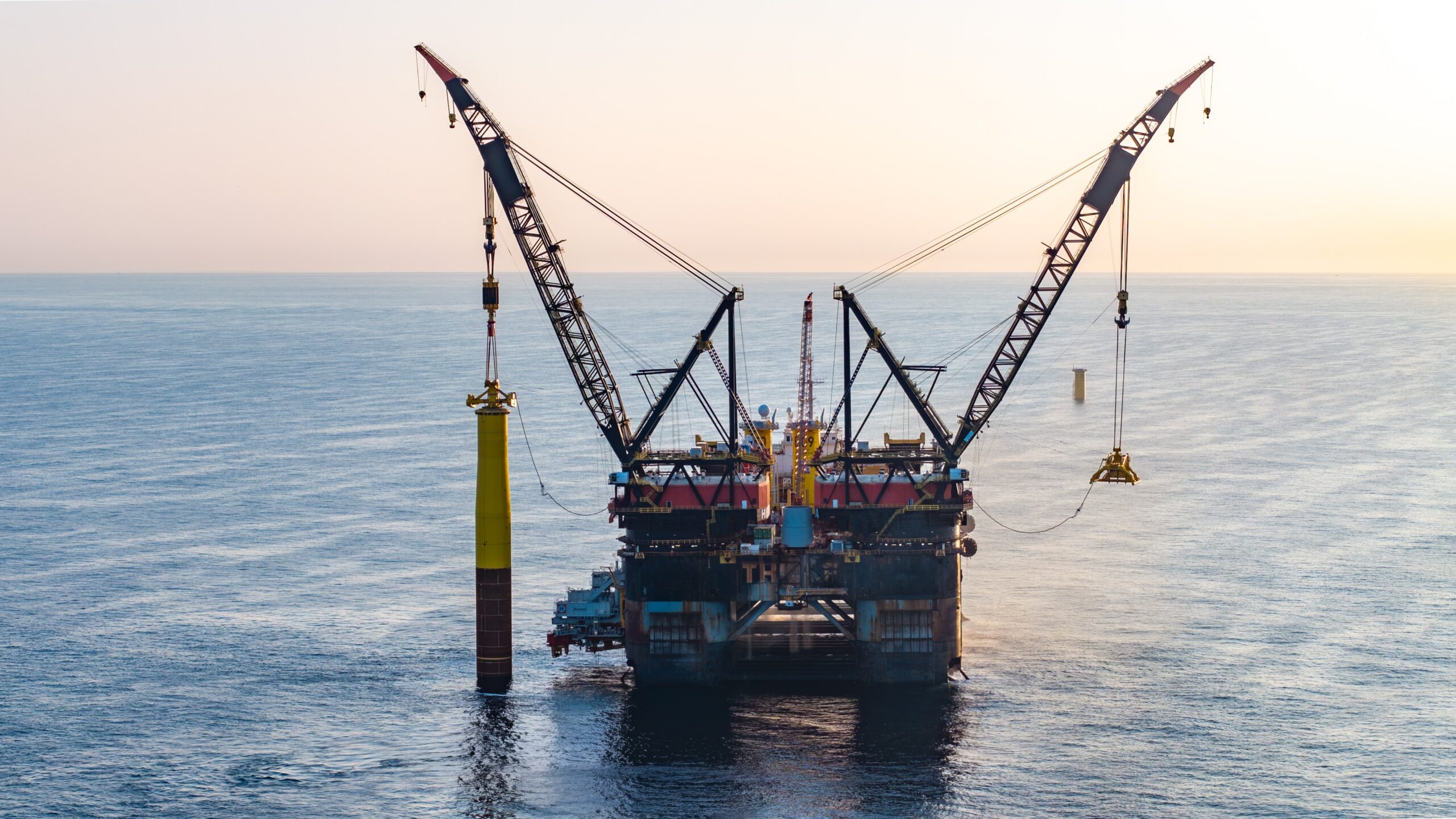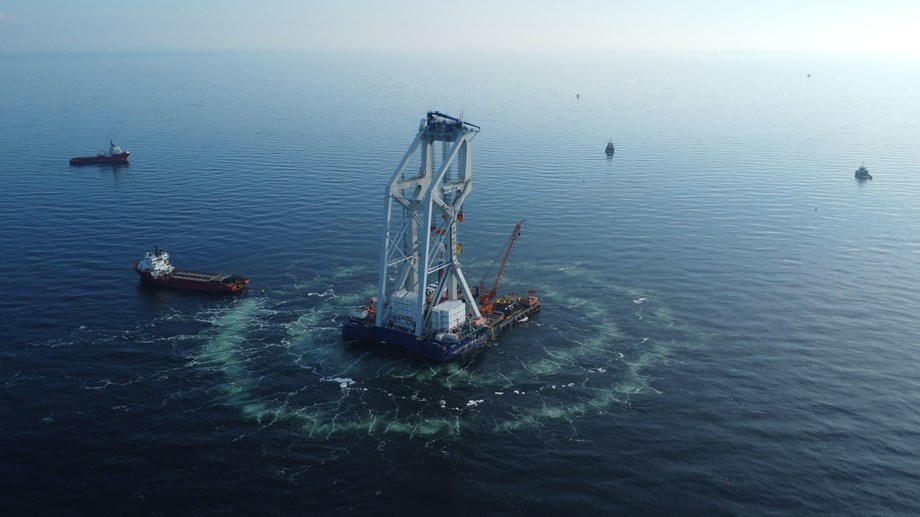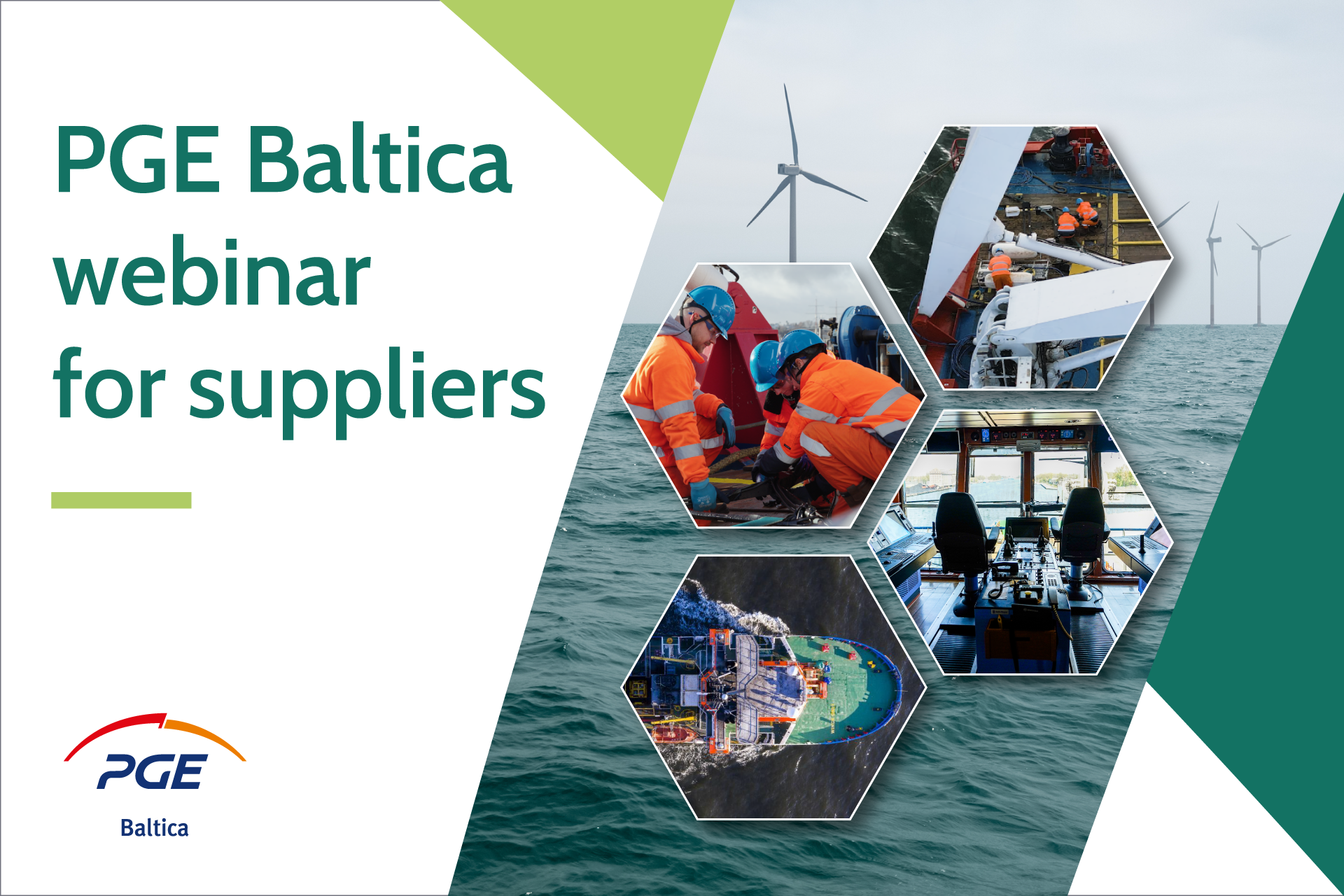Author: Ulrich Adam, director general of Orgalim, EUSEW’s partner organisation
This opinion editorial is produced in co-operation with the European Sustainable Energy Week (EUSEW) 2025. See ec.europa.eu/eusew for more details.
As Europe grapples with sluggish economic growth and soaring energy costs, electrification has emerged as the linchpin for reversing industrial decline, accelerating decarbonisation, and restoring global competitiveness. In this opinion piece, Ulrich Adam, Director General of Orgalim, outlines why a bold push for electrification must be at the heart of Europe’s Clean Industrial Deal – not just to meet climate goals, but to power a resilient, innovative, and future-proof industrial base.
Europe is facing a competitiveness crisis. First estimates put annual growth for 2024 at 0.7% in the euro area and 0.8% in the EU. Compare that to 4.5% growth in China and 2.2% in the US, and it is clear that something is seriously wrong.
For Europe’s technology industries, 2024 was even worse, with a combined downturn of 4.8% across the metal technology, mechanical engineering, and electrical engineering, electronics and ICT sectors. And the outlook for 2025 is not much better. Orgalim’s Economics & Statistics working group predicts a further -0.5% contraction in real turnover, with knock-on effects on employment, which is forecast to shrink by 0.9%.
High electricity prices and over-regulation are two of the main hurdles holding back European industries. Europe pays around two to three times what the US does for electricity, and between 2019 and 2024 introduced much more regulation.
So, what should Europe do to compete globally, re-establish itself as a leader in tech innovation, and meet the goals of the Green and Clean Industrial Deals? Electrify.
The double win of electrification: speed up decarbonisation, regain competitiveness
Ensuring a low-carbon, low-cost, independent energy source for Europe is key to boosting competitiveness and achieving the aims of the Green and Clean Industrial Deals.
While increasing energy efficiency and reducing overall consumption are important, electrification is the real key. It will enable Europe to massively reduce its carbon emissions while also contributing to increased independence from geopolitics and a more secure energy supply. It can also help create jobs and boost the clean-tech sector.
For example, according to a recent study by Danfoss, deploying electricity demand-side flexibility technologies on energy systems in the EU and UK could help save more than 40 million tonnes of CO2 emissions each year by 2030, and achieve annual cost savings of EUR 10.5 billion.
Decarbonisation can help us grow
Introduced in February 2025, the Clean Industrial Deal aims to turn decarbonisation into a driver of growth for European industries by lowering energy prices, creating lead markets for clean tech, and providing a significant boost to public and private investments.
The Affordable Energy Action Plan is a crucial part of the Clean Industrial Deal, aiming to provide EU industry with stable energy prices, more in line with our international competitors.
A perspective from technology industries
The Action Plan’s push for electrification, digitalisation, flexibility, grid infrastructure deployment, and a single market approach for boosting energy efficiency solutions are all positive. At Orgalim, we strongly support these aims. To be successful, we need access to reliable and affordable low-carbon energy.
However, some important questions need to be clarified:
- Will non-binding recommendations and guidance to member states on network charges and energy taxation be sufficient to lower bills?
- Will measures for energy-intensive industry benefit the wider manufacturing sector?
These issues must be addressed if the plan is to succeed.
Reaching net zero
Europe’s technology industries are global leaders in carbon-neutral energy, electrification, and clean manufacturing technologies needed to get to net zero. But we need a secure and competitive energy supply, provided by broad-scale electrification, to achieve faster scale-up of carbon-neutral energy capacity, unlock massive energy efficiency savings, and make Europe competitive again.
Recommended links:
- Orgalim key recommendations on energy and climate
- Excessive regulation and high energy prices contribute to second consecutive year of downturn
- Delivering the net-zero transformation: a policy agenda for a European high-tech manufacturing base
About the author
Ulrich Adam is director general of Orgalim, the voice of Europe’s technology industries. Europe’s technology industries play a key role in leading the clean tech revolution and building a resilient, competitive and decarbonised European industrial base. Adam works to strengthen the competitiveness and technological leadership of Europe’s high-tech manufacturing sector, and advocates for a Europe that is an attractive place for industry, investment and innovation.
Disclaimer: This article is a contribution from a partner. All rights reserved.
Neither the European Commission nor any person acting on behalf of the Commission is responsible for the use that might be made of the information in the article. The opinions expressed are those of the author(s) only and should not be considered as representative of the European Commission’s official position.
Source: EUSEW


